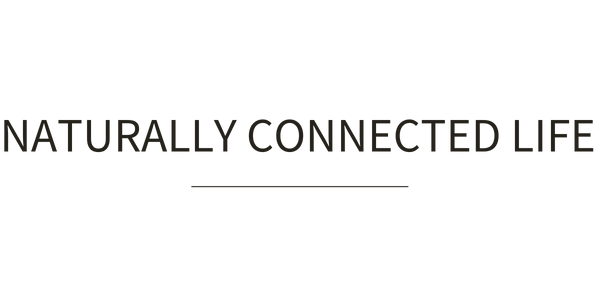Why Your Hormones Need Protein
By Eric Levinson, Holistic Health Coach
Protein isn’t just about muscle. It’s about metabolism, mood, and most importantly—hormones. In fact, if your hormones feel “off”—irregular cycles, painful periods, low libido, anxiety, or fatigue—there’s a good chance your body is under-proteined and overstressed.
Let’s unpack why protein is so foundational for women’s hormonal health, and what you can do to make sure you're getting enough.
Hormones Are Made of Protein (and Need It to Work)
Your hormones are chemical messengers built from amino acids—the building blocks of protein. To make estrogen, progesterone, thyroid hormones, and neurotransmitters like serotonin and dopamine, your body depends on a steady supply of high-quality protein.
If you’re not eating enough, your body will break down its own tissues to fuel survival. And when protein is scarce, hormone production slows, metabolism crashes, and stress hormones like cortisol take over.
Symptoms of protein deficiency in women often show up as:
-
PMS, low libido, and irregular periods
-
Hair loss, brittle nails, dry skin
-
Anxiety, irritability, depression
-
Blood sugar crashes and intense cravings
-
Slow wound healing, cold hands/feet, and fatigue
Protein Regulates Blood Sugar—Which Regulates Hormones
Eating protein with every meal helps stabilize blood sugar, reducing stress hormone output. This is critical because blood sugar crashes trigger adrenaline and cortisol, which in turn suppress progesterone and thyroid function.
When your meals are light on protein or too far apart, your body has to “rescue” you with stress hormones—which keeps you locked in fight-or-flight and prevents healing.
Eating enough protein (and eating frequently) sends a powerful safety signal to your metabolism: it’s okay to ovulate, repair, and rest.
The Thyroid-Protein-Carbohydrate Connection
Your thyroid is the engine of your metabolism—and it needs sufficient protein (especially tyrosine and selenium) to function. But here’s the catch: your body needs adequate carbohydrates to properly use and metabolize protein. Without enough carbs, protein can be converted into glucose through a process called gluconeogenesis—triggering stress hormones and negating many of protein’s benefits.
This is one reason why low-carb or ketogenic diets often lead to thyroid suppression, period issues, and mood swings in women. Carbs are not the enemy—they’re a necessary partner to protein in supporting hormone health.
How Much Protein Do Women Actually Need?
The RDA (recommended daily allowance) for protein is too low for most women. It’s the minimum to survive, not thrive.
Women need roughly 0.8–1 gram of protein per pound of ideal body weight. That often means 90–120g daily for most active adult women—sometimes more during pregnancy, postpartum, or healing.
You don’t need to count or obsess. Just build every meal around a protein anchor:
-
Eggs and cheese for breakfast
-
Meat or poultry for lunch and dinner
-
Bone broth, gelatin, or cottage cheese for snacks
Pair that protein with adequate carbs—fruit, root vegetables, honey, or sourdough—for optimal digestion, blood sugar stability, and hormonal support.
Best Protein Sources for Hormonal Health
-
Pastured eggs
-
Raw or grass-fed dairy (milk, cheese, kefir)
-
Grass-fed beef, lamb, poultry
-
Wild-caught fish
-
Bone broth and collagen
-
Gelatin, cottage cheese, and goat cheese
Avoid relying heavily on plant protein powders or soy isolates. Whole food, animal-based proteins are more bioavailable and rich in the micronutrients your hormones need—like retinol (vitamin A), zinc, B12, and iron.
Bottom Line
If your hormones feel out of balance, look at your plate.
Eating enough high-quality protein—paired with enough carbs—is one of the simplest and most powerful ways to support your metabolism, mood, and menstrual health. It helps regulate blood sugar, fuel your thyroid, balance stress, and build the very hormones you’re trying to fix.
👉 Want help creating a nourishing, hormone-supportive routine? Let’s work together: https://www.naturallyconnectedlife.com/pages/health-coaching

